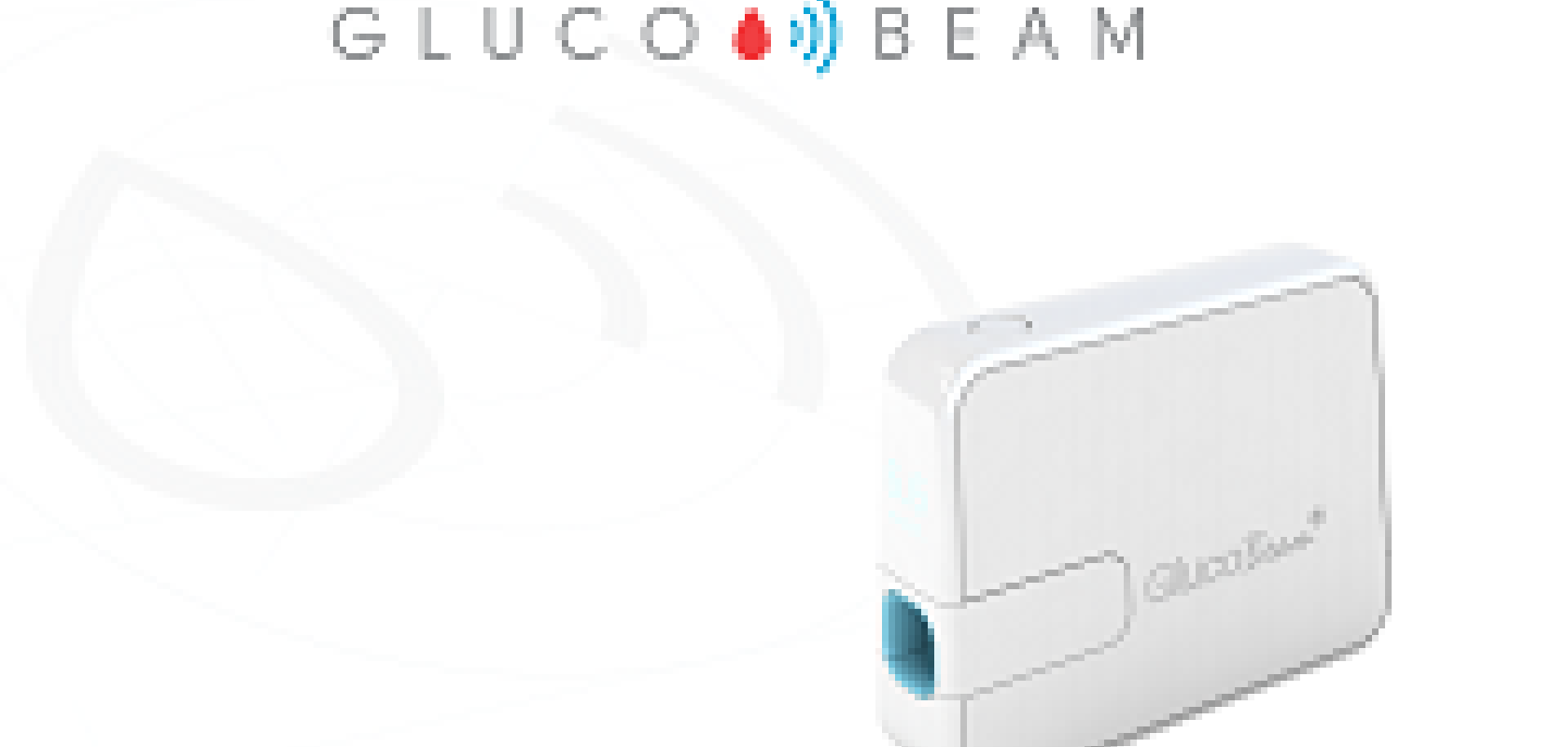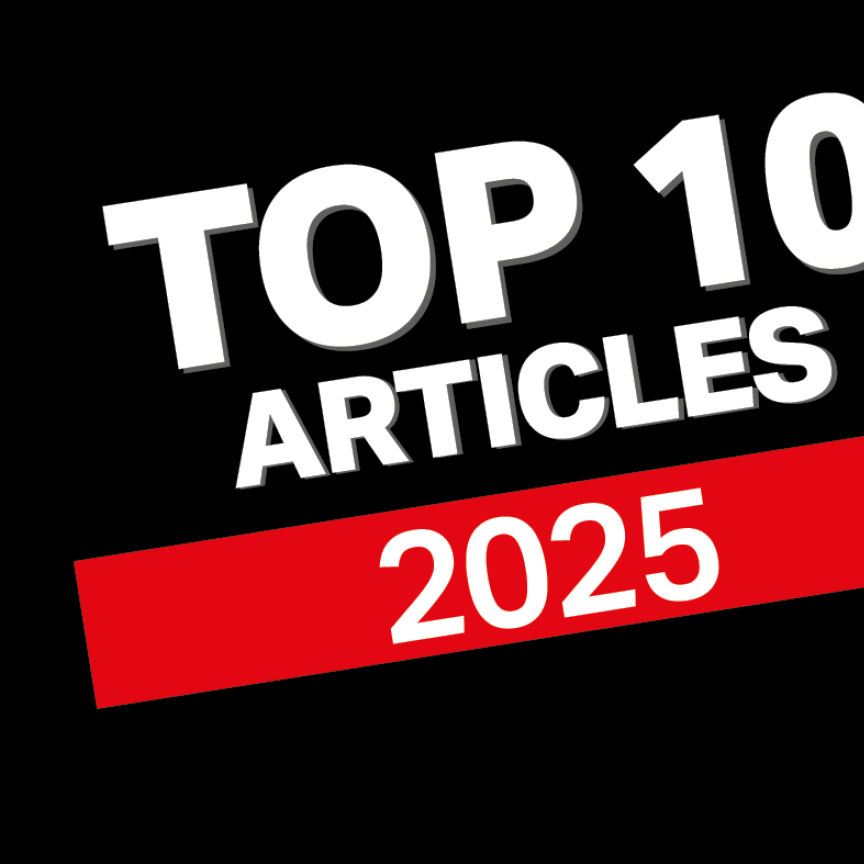RSP Systems, a company developing minimally-invasive diagnostic instruments, has received a €2.4 million grant from the European Union in order to take its GlucoBeam device – a non-invasive glucose monitor for diabetic patients – through to market launch.
The technology is based on 'critical depth Raman spectroscopy', RSP's proprietary and clinically validated technology. This funding follows a further €4.6 million acquired at RSP's series A round in July.
Diabetics are required to take several invasive measurements of their blood glucose a day, often by pricking their fingertip with a small, sharp needle. GlucoBeam removes the need to do this by instead using Raman spectroscopy to measure glucose levels through living tissue, without having to penetrate the skin.
Previous efforts to develop diagnostics for interstitial glucose in the skin have been unsuccessful. However, RSP has produced evidence indicating that, by selecting a specific skin depth, results could be correlated with blood glucose levels. Today, RSP is integrating this technology into a non-invasive consumer glucose monitor with an analytical quality on par with current standards for invasive continuous glucose monitoring technologies.
‘This vital grant will help to overcome the biggest issue in glucose monitoring: compliance. For patients to finally be able to measure their glucose levels using the non-invasive GlucoBeam will be a real breath of fresh air’, said Dr Anders Weber, CEO of RSP Systems. ‘With the completion of a commercial product aided by Horizon 2020, we can now identify the best path to the best partners to make GlucoBeam broadly available to patients in the European and later global markets.’
Stefan Ovesen Banke, founder and CTO of RSP Systems, noted: ‘This grant is our reward for consistently focusing on the fundamental challenges of applying Raman spectroscopy for the quantitation of analytes in living tissue. The last leg of the journey is to productise our GlucoBeam prototype for market introduction as soon as possible. The Horizon grant is both a great facilitator to achieve our goals and, due to the strict selection process we have undergone, a strong endorsement of our company and technology.’
The grant to commercialise the GlucoBeam comes over two years after Google entered a partnership with Novartis to create ‘smart’ contact lenses, also capable of monitoring glucose levels non-invasively. The patent for the lenses was submitted to the US Patent & Trademark Office in 2014; however, the project is still under development, with the responsibility of the project’s progression having shifted from Google’s own GoogleX to Verily, Alphabet’s healthcare spin-off.
Further Information:


